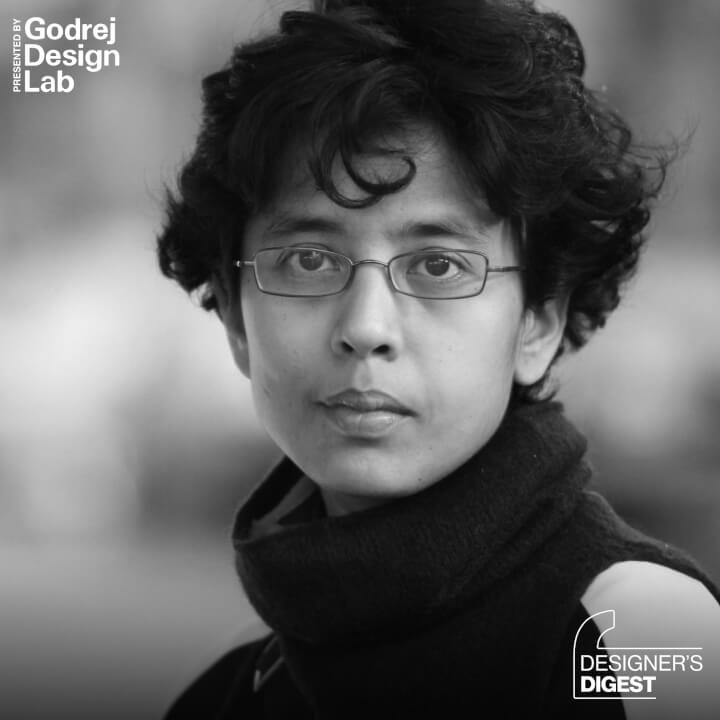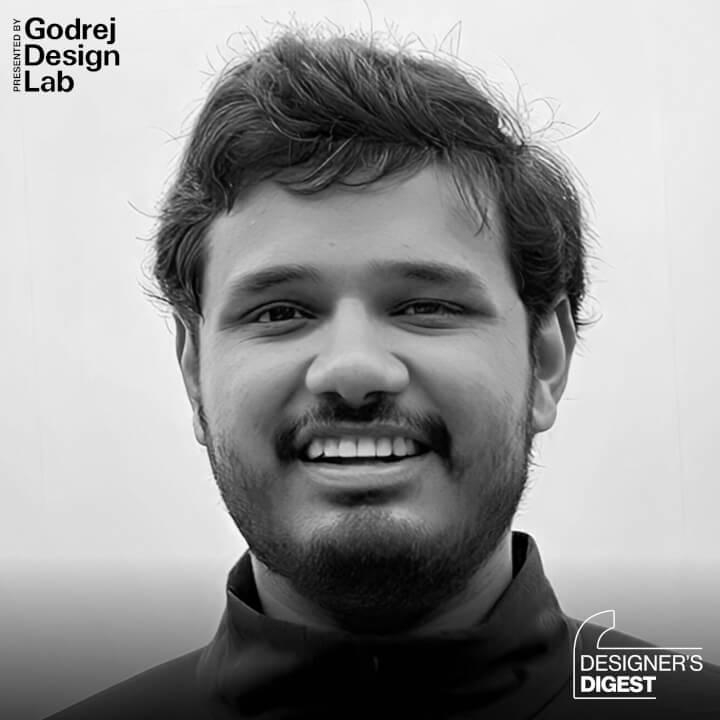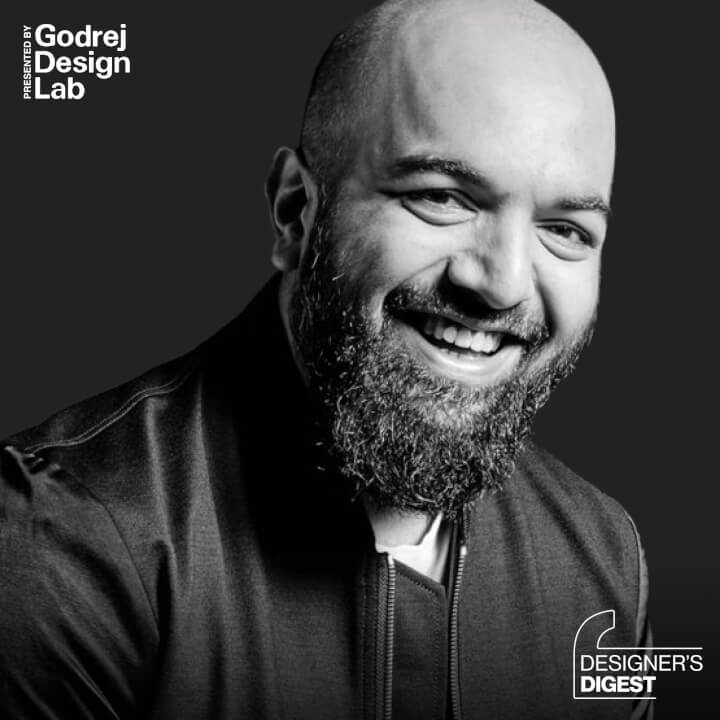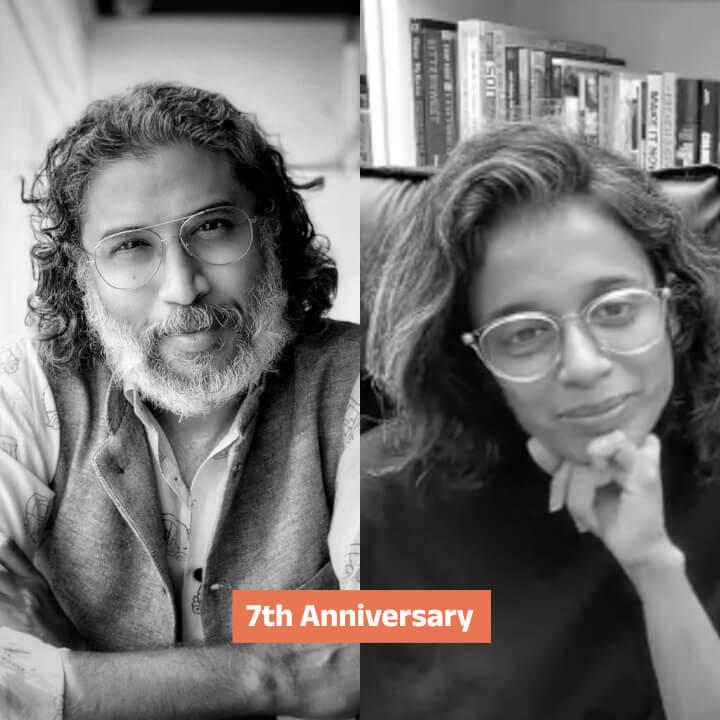EP 188 . 12 Aug 20
Spark of pedagogy
With Prem Chandavarkar
In the episode
So the way I have structured this episode is, Prem is going to do most of the talking from here on and I am going to probably nudge with few questions. The basic premise is simple, all the questions will be seen through a lens of a zen doctrine, “When you don’t know zen, rivers are rivers and mountains are mountains. When you are learning zen, rivers and not rivers and mountains are not mountains. When you have learned zen, rivers and rivers and mountains are mountains.” For simplicity, let’s call it 1, 2, and 3 stages of life. I also call in Thesis, antithesis, synthesis, So Prem,
- What is your definition of education? How has it changed over the last 30-40 years?
- Referring back to the introduction, I spoke about edifice. Do you see any relation between the etymology of the words, Education and Architecture?
- What is the link between being civil and being educated?
- In the current pedagogical system, what is your argument? How much theory versus how much practical?
- What is the long term future of education in India?
About Prem Chandavarkar
I recently had a small revelation, that why have I interviewed so many architects despite being a UI designer. I could also connect a few dots about why am I so interested in architecture and education. “Architect” comes from the Latin word architectus which comes from the Greek word, architéktōn. Architéktōn is composed of two parts: archi: to be the first, and tecton, the builder. That is, the first who builds. I always found the “builder” word to be very fascinating.
On the other hand, Edifice means a building, but it doesn’t mean just any building. To merit being called an edifice, a building must be important. A mini temple can be an edifice or an educational building that can transform you can be called Edifice.
Basically, zen, spirituality, education, architecture, place of worship are all interconnected somewhere in my mind at least, and that’s why I have none other than Prem Chandavarkar with us on Audiogyan today.
Prem is the managing partner of CnT Architects: an award-winning and widely published architectural practice based in Bangalore, India. He needs no introduction to the people in the world of architecture & education. With experience of over 40 years, he is an academic advisor and guest faculty at several colleges of architecture. He has been documenting a lot of his thoughts and ideas online through blogs and videos. I met Prem at Frame Conclave last year and was in awe with his lecture on “Human within the architect”.
We also thank Ruturaj Parikh from Matter for connecting me and collaborating with Audiogyan.
So the way I have structured this episode is, Prem is going to do most of the talking from here on and I am going to probably nudge with few questions. The basic premise is simple, all the questions will be seen through a lens of a zen doctrine, “When you don’t know zen, rivers are rivers and mountains are mountains. When you are learning zen, rivers and not rivers and mountains are not mountains. When you have learned zen, rivers and rivers and mountains are mountains.” For simplicity, let’s call it 1, 2, and 3 stages of life. I also call in Thesis, antithesis, synthesis.




